00
Nucleic Acid Extraction
When the samples are feces, the samples often need to go through centrifugation, supernatant extraction, and external lysis. The overall reaction system of the subsequent sample is less than 3 mL, and Auto-Pure 32A/48/96 nucleic acid purification system can meet the application requirements. Users can select appropriate models for extraction based on their actual needs such as reaction system and single maximum sample size.
When the sample is plasma, the concentration of cfDNA in plasma is often low, so the extraction process often requires a large volume of sample. The maximum reaction systems of Auto-Pure 20B/24D are 5 mL and 10 mL respectively, and the minimum elution volume is 50 μL. While increasing the sample loading amount, it ensures sufficient small volume elution, enabling the extraction of cfDNA in plasma samples. The maximum sample throughput for 20B and 24D are 20 and 24. Due to the special consumables design, both instruments can flexibly match tube strips based on the actual number of samples.
Instrument Features
Auto-Pure 32A/48/96 Nucleic Acid Purification System
32A/96: 1 mL reaction system 48: 3 mL reaction system; sample throughput 32/48/96
Auto-Pure 20B/24D Nucleic Acid Purification System
10 mL reaction system, sample throughput 1~24, 50 μL elution
Experimental Data

 Biological Sample Preparation
Biological Sample Preparation
 Life Science Detection Products
Life Science Detection Products
 POCT Detection & Reagent
POCT Detection & Reagent
 Automation & Liquid Handling
Automation & Liquid Handling
 Laboratory Instrument
Laboratory Instrument
 Reagent & Consumable
Reagent & Consumable
 Others
Others
 OEM/ODM
OEM/ODM












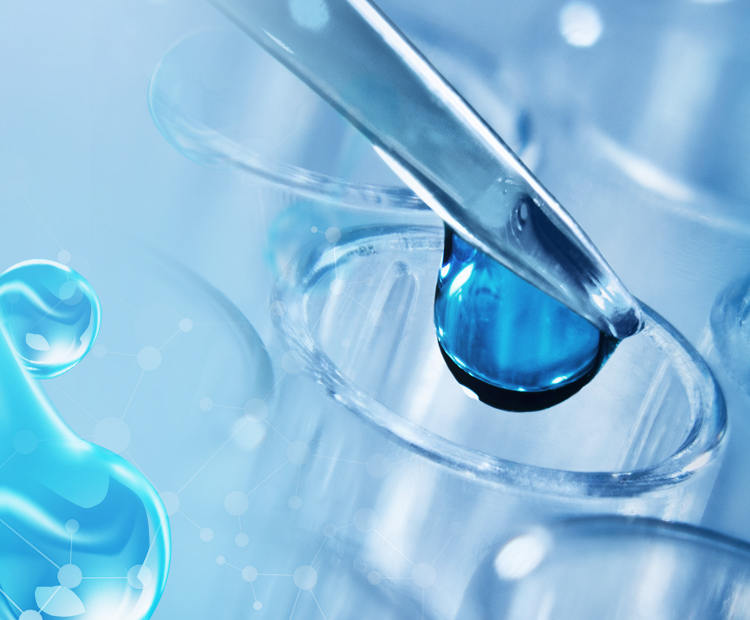


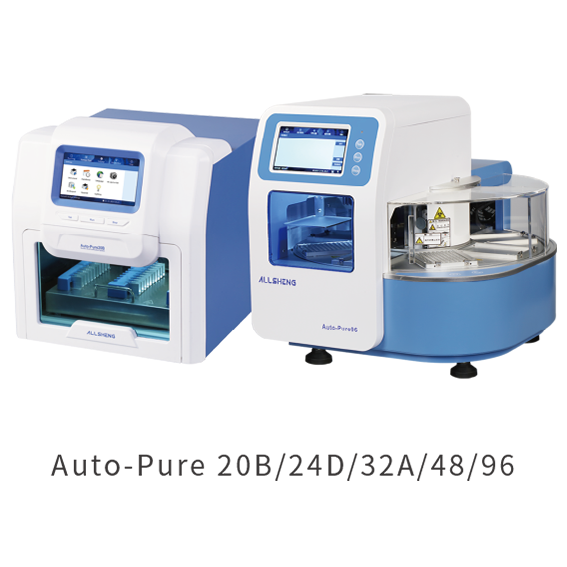
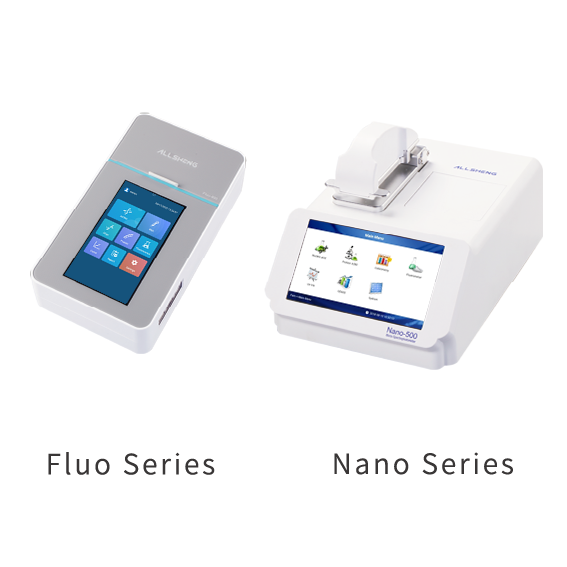
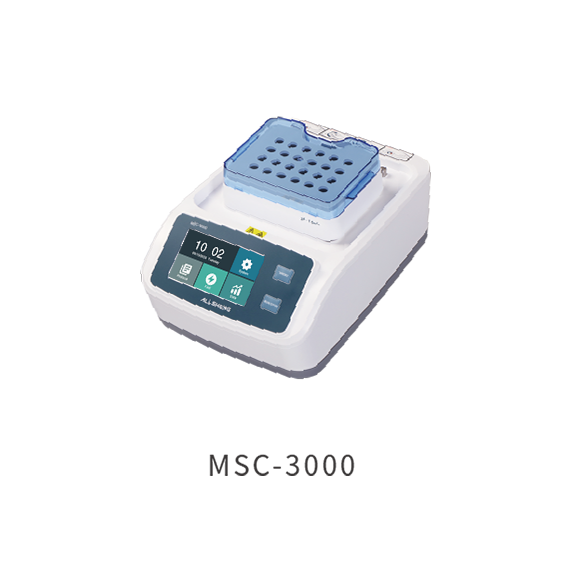
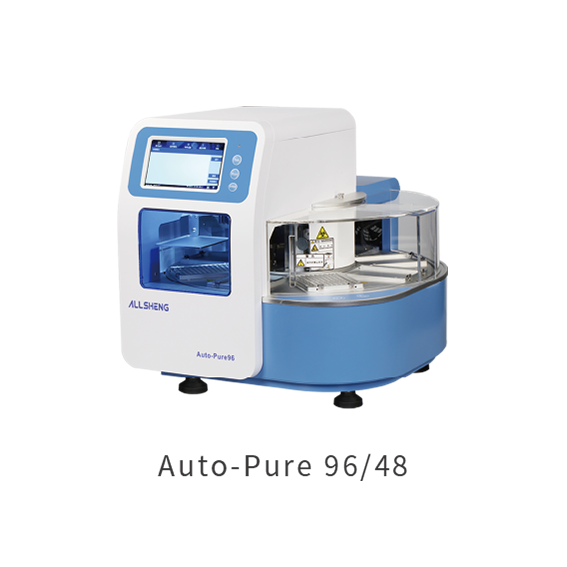









 + 86 571-88859758
+ 86 571-88859758 sales@allsheng.com
sales@allsheng.com



